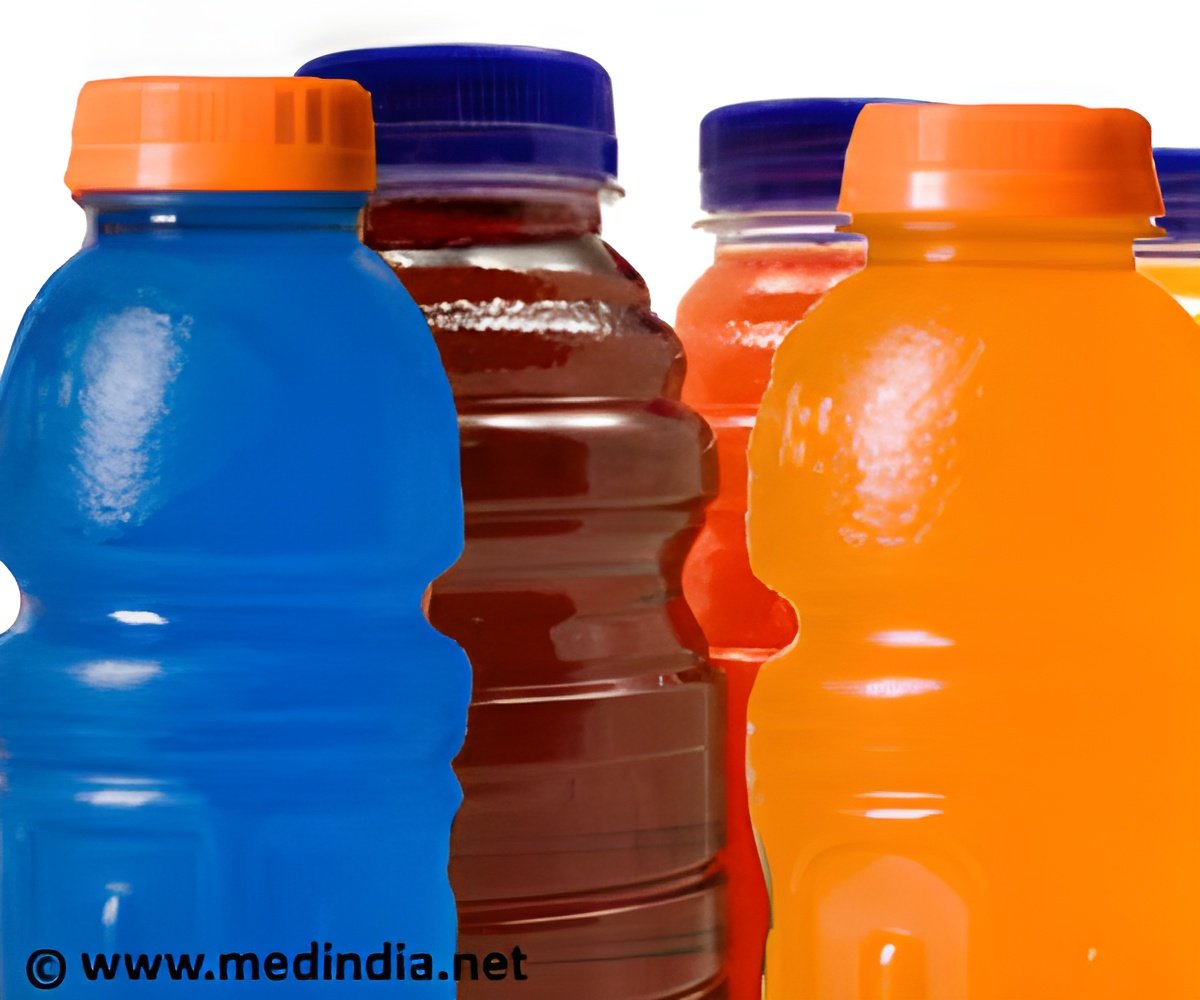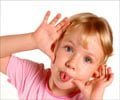
The researchers found that boys were more likely to consume energy drinks than girls and that black and Hispanic boys were more likely to drink the beverages than their white peers. The average age of the student participants was 12.4 years old. The study controlled for the number and type of other sugar-sweetened drinks consumed.
Ickovics said that it appeared that energy drinks were driving the association between sugar-sweetened beverages and risk for hyperactivity and inattention symptoms, and their results support the American Academy of Pediatrics recommendation that parents should limit consumption of sweetened beverages and that children should not consume any energy drinks.
Previous research has shown a strong correlation between children with attention deficit hyperactivity disorder (ADHD) and poor academic outcomes, greater difficulties with peer relationships, and increased susceptibility to injuries. These associations are understudied among minority children, notes Ickovics, and previous research has suggested under-diagnosis of ADHD in black and Hispanic children.
Some sugar-sweetened beverages and energy drinks that are popular with students contain up to 40 grams of sugar. The students in this study consumed on average two sugared drinks per day, with a range of zero to seven or more drinks. Health experts recommend that children consume a maximum of 21 to 33 grams of sugar daily (depending on age).
Heavily sugared beverages also impact childhood obesity and are a leading cause of added calories in the diets of obese children.
Advertisement
Source-ANI











